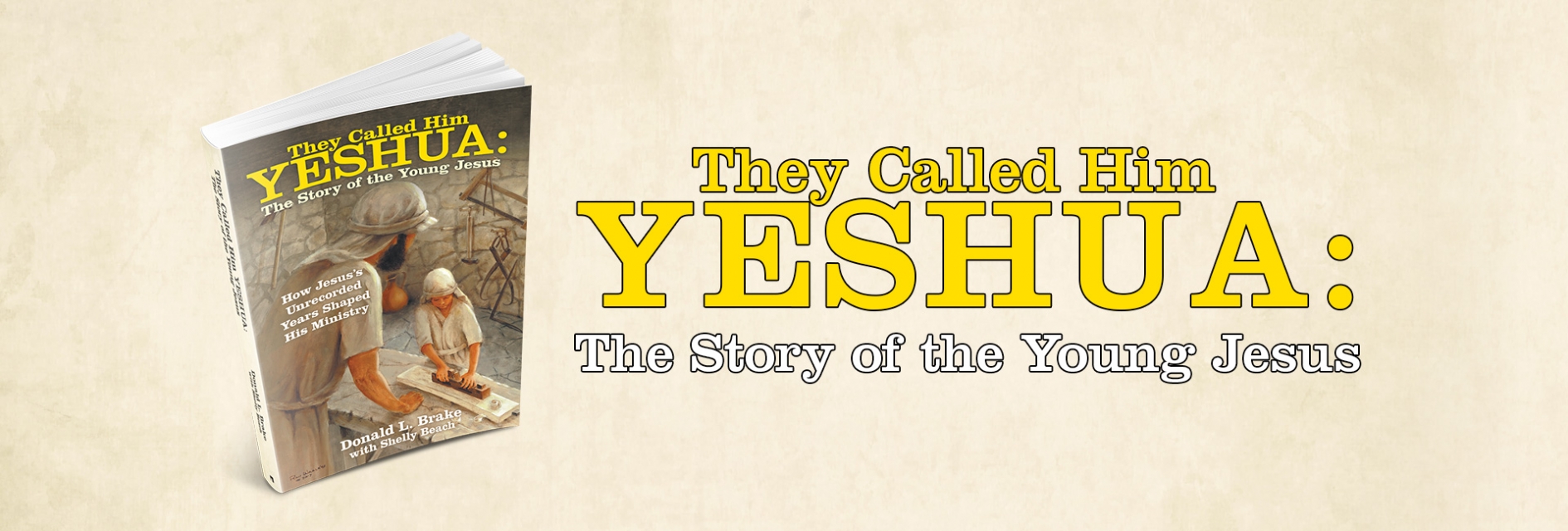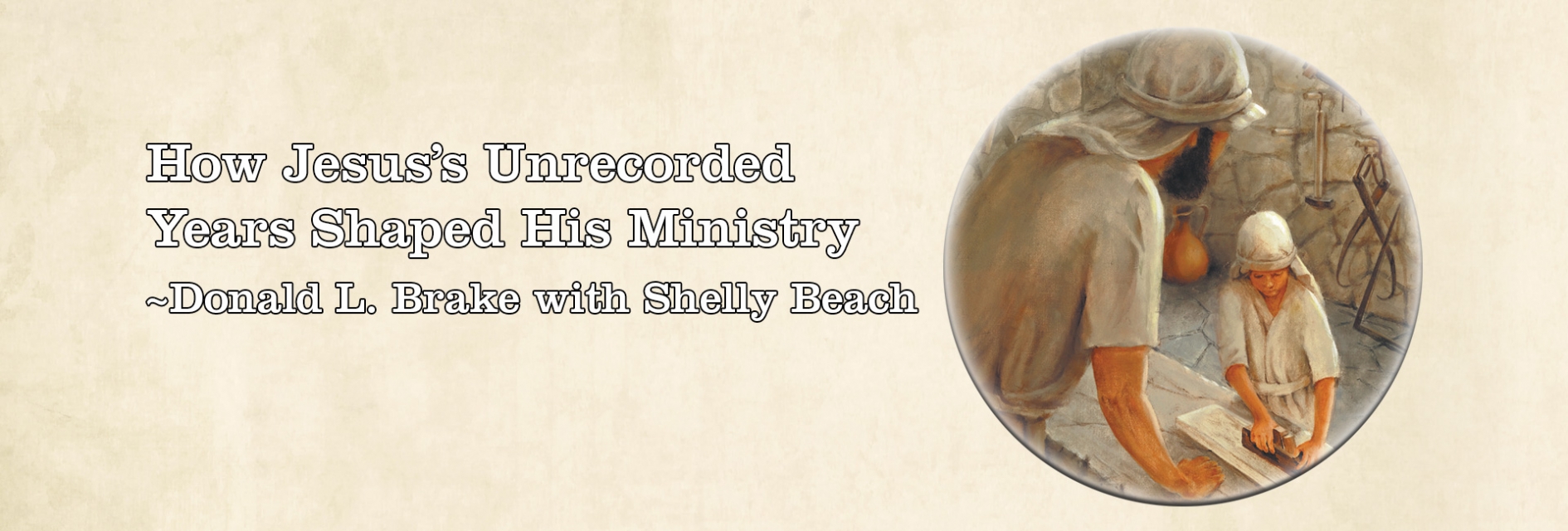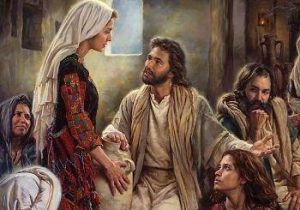


jesus with marymartha

jesus with Lazarus

jesus with Lazarus

Jesus with Lazarus’ family
The History Channel’s TV mini-series: Jesus: His Life episodes 3 and 4 aired Monday 4/1/19 posed an interesting question: How did Jesus living in small Nazareth become good friends with Lazarus, Mary and Martha living miles away in Bethany? Brake and Beach’s new book They Called Him Yeshua chapter 28 suggests an answer. The caravan ended at the outskirts of Jerusalem near
The caravan ended at the outskirts of Jerusalem near
Bethphage and Bethany, and the travelers headed off on
their own. Each family would have to find lodging—which
would not be easy. Every pilgrim coming to Jerusalem for
Passover was seeking housing. Homemade camps and
crudely constructed tents dotted the hillsides like knots
on a weaver’s rug. Pushing, shoving, and shouting often
incited physical confrontations as families fought for spots
to homestead for the week.
As was the custom at the annual feasts, young boys
from Bethany and Bethpage wandered among the weary
travelers, offering places to stay in local homes that provided
warm and dry accommodations—some for a fee.
However, the urchins often stole from unsuspecting
travelers or swindled them out of their shekels.
About mid-morning, a rumpled boy of about ten with a
crooked grin approached Joseph.
“My family can offer a place for you. Our home is in Bethany.
You are also welcome here.”
Joseph swallowed. They certainly could not afford this.
“What is the price?”
Joseph readied himself to squabble, but to his surprise
the boy raised his hand in protest, his dark curls dancing.
“My family serves Yahweh. We share what God has
given us.”
Joseph was skeptical. Such generosity was not common,
especially near the city.
“We are grateful for your kindness. May Yahweh bless
your family for their service to Him.”
Mary, Joseph, and Yeshua followed the lad to his family’s
comfortable home in Bethany, where the boy’s abba introduced
himself warmly.
“I am Eleazar, and this is my wife, Miriam. Shalom, and
welcome.”
Mary and Joseph detected that this was a God-fearing
family who sought to live out their faith through acts of
kindness and generosity.
Joseph noted Eleazar eying Yeshua. “I have daughters
about your age … and a son.” He smiled. “Martha and Mary,
come and meet our new guests for the feasts.”
He turned to Mary and Joseph. “You have already met
our son, Lazarus, named after me,” he added, his voice
edged with pride.
Joseph, in equally proud response, introduced Yeshua
to the Eleazar family. Oddly, Joseph sensed a close bond
in spirit with the family. By the time his family left, he and
Eleazar had become fast friends, and Yeshua had found a
home away from home.
About the Author
Written by Donald L. Brake Sr.
Donald L. Brake Sr., PhD, Dallas Theological Seminary; Dean Emeritus, Multnomah Biblical Seminary of Multnomah University. A former pastor, he lives with wife Carol, in Lewisville, Texas. The author has served as a Missionary in Ethiopia, SIM; Professor of Theology, Multnomah Biblical Seminary; Pastor, North Carrollton Baptist Church; President, Institute of Holy Land Studies (now Jerusalem University College; and dean Multnomah Biblical Seminary; and co-founder Living Word Bible Museum. He currently is a freelance writer. The author’s experience as president of the Institute in Jerusalem has given him insight into the historical, cultural, and geographical background of Israel and the life of Christ. Dr. Brake has led tours to the Holy Land and has taught the life of Christ and the Bible’s historical/cultural backgrounds for more than thirty-five years. Dr. Brake wrote a series of fifteen articles for the St. Louis Metro Voice and has published the Wycliffe New Testament. His book A Visual History of the English Bible was published in 2008 (a 2009 Evangelical Christian Publishers Association Christian Book Award finalist); Jesus, a Visual History with Todd Bolen, 2014; A Monarch’s Majestic Translation, in 2017; and A Visual History of the King James Bible, in 2011 (with Shelly Beach; also translated into Portuguese as "Uma Historia Visual Da Biblia King James"), a commemorative edition celebrating four hundred years of the King James Version. His major article “Versions, English” was published in The Interpreters Dictionary of the Bible, vol. volume 5, Abington Press. His most recent work is They Called Him Yeshua: the Story of the Young Jesus, 2019.

